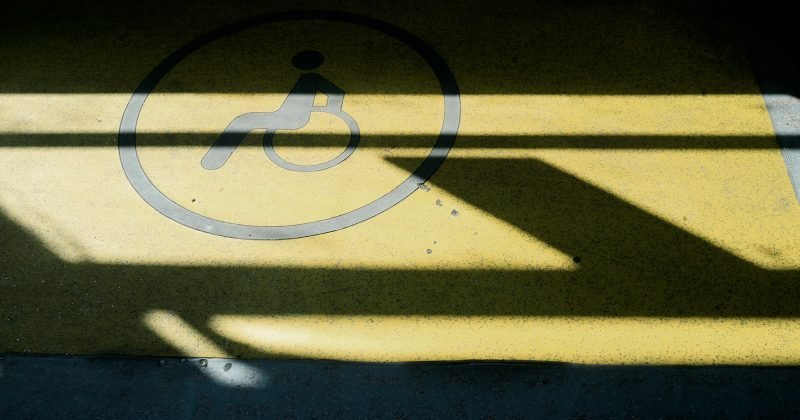August 12, 2020
What is a Hardship Discharge in a Chapter 13?
When you petitioned the court for Chapter 13 protection, the intent was to repay all or at least most of your debt over a three to five-year period. For quite some time, you’ve made the payments on or before the due date without fail. Unfortunately, your circumstances have changed and the ability to continue making those payments has been affected. Is there any way to do something about your Chapter 13? Depending on the circumstances, the court may grant what’s known as a hardship discharge.
Understanding the Nature of a Hardship Discharge
As the name implies, this type of discharge is only granted if a narrow range of events happens. A key element has to do with who is responsible for the event. As long as another party is the cause of your inability to continue making payments on the Chapter 13, you have a good chance of receiving a hardship discharge. Should actions on your part lead to the event, the court is not likely to provide you with the relief that you seek.
Your Employer Goes Out of Business or Shuts Down the Location Where You Work
One of the more common reasons for seeking a hardship discharge has to do with a loss of employment. If you resign or even if your employer eliminates the position but offers you another one in its place, the court is not likely to approve the discharge. On the other hand, if the employer shuts down the facility or eliminates your position and does not offer you another one, the court may take action in your favor.
You Sustain a Permanent Injury That Makes It Impossible to Keep Working
Owning to the negligence or the intentional actions of another party, you have sustained an injury that prevents you from continuing to work. Medical professionals confirm that your ability to earn a living has been impaired and there’s little to no chance that the circumstances will change. Even if you are eventually able to work again, it will be something that’s less demanding physically or mentally and will not generate income similar to what you earned prior to the event. Given the nature of your current and projected future state, the court is likely to extend a hardship discharge.
You Develop a Medical Condition That Prevents You from Earning a Living
While you were perfectly healthy at the time the Chapter 13 was approved, things have changed. You were recently diagnosed with a chronic medical condition and will no longer be able to continue your career or line of work. At best, you may be able to work some sort of part-time job that is much less demanding. The result is that you will never be able to generate enough income to meet your basic living needs. After reviewing the evidence, the court may choose to grant your request for a hardship discharge.
There are Some Limits That May Apply
There are a couple of limitations related to seeking a hardship discharge. First, the discharge will only dispose of your non-priority unsecured debt. If there are any priority debts remaining, those will still be owed. Priority debts can include liens of any type, including loans secured by vehicles or real estate. Those creditors could decide to repossess any assets that are pledged as security in order to settle the remaining debt.
Next, unsecured debt that isn’t eligible for discharge in a Chapter 7 cannot be included in a hardship discharge. That would include any tax debt that’s not eligible for discharge, property settlements related to the division of property in a divorce decree, or financial obligations that have to do with the intentional or malicious destruction of property owned by a business entity.
If you think that a hardship discharge may be appropriate in your case, talk with your bankruptcy lawyer. Go over each type of debt included in the Chapter 13 and how the discharge would affect that debt. If all that’s currently left is unsecured debts that are non- priority debt, this discharge could leave you owing nothing at all.

